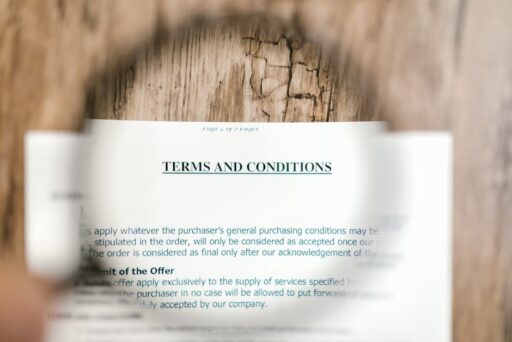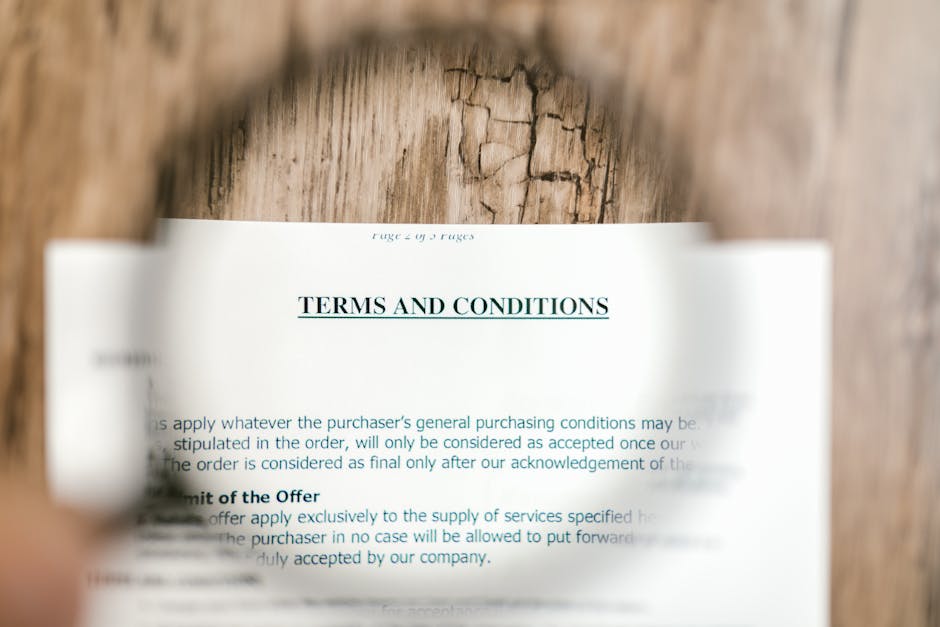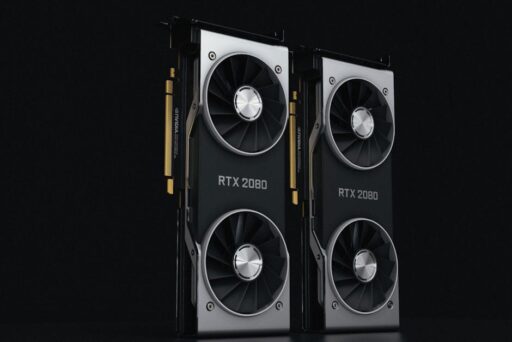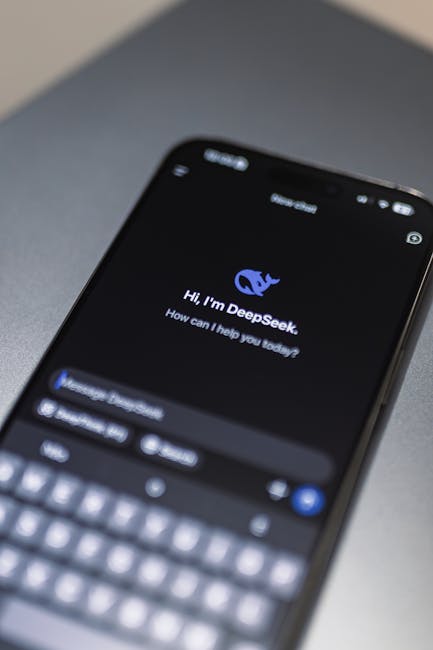The Legal Battle Over AI-Generated Content: Google vs. Penske Media
In a groundbreaking legal case, Penske Media Corporation (PMC) has filed a lawsuit against Google, claiming that the tech giant has unlawfully utilized its news content to generate AI summaries. This move has allegedly undermined the business model of industry-leading publications owned by PMC, such as Rolling Stone, Billboard, and Variety.
The lawsuit accuses Google of leveraging its dominant position to coerce PMC into allowing the use of its content for AI Overviews, a feature that Google argues enhances search capabilities and increases site traffic. However, PMC contends that this practice results in a decline of direct site visits, thereby impacting ad, subscription, and affiliate revenues.
PMC’s CEO, Jay Penske, emphasized the company’s commitment to protecting its journalists and the integrity of digital media. The lawsuit argues that Google’s requirement for publishers to provide content for purposes beyond traditional search infringes on the agreed-upon exchange of access for traffic.
Google has responded by asserting that AI Overviews benefit publishers through increased exposure to a wider audience. Despite this, the lawsuit highlights a significant drop in traffic from Google searches since the introduction of AI Overviews, challenging Google’s claims.
This case highlights the broader tension between major tech companies and content creators in the digital landscape, raising questions about fair use, revenue sharing, and the future of digital publishing. As the legal proceedings unfold, the outcome could set a precedent for how AI-generated content is handled and monetized, potentially reshaping the relationship between tech platforms and publishers.






